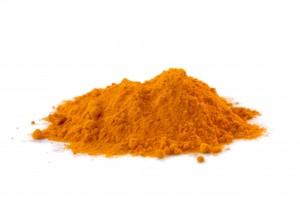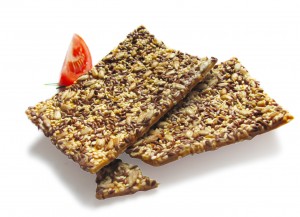Almonds
It’s been found that the flavonoids in almond skins work in synergy with the vitamin E, and can help to reduce the risk of heart disease. They also help provide good brain function. Almonds contain riboflavin and L-carnitine, nutrients that boost brain activity and may also reduce the risk of Alzheimer’s disease. In Ayurvedic medicine, almonds help increase high intellectual level and longevity.
beetroot
Beetroot juice has been found to increase blood nitrate levels and reduce the muscles demand for ATP (adenosine tri-phosphate) – the body’s main energy source in the muscle. Beetroot is also a rich source of folate and manganese and also contains thiamine, riboflavin and vitamin B-6. Eating beet can help to decrease the risk of heart disease and helps promotes healthy skin and hair, as well as increased energy and overall weight loss.
turmeric
Turmeric comes from the root of the Curcuma longa plant and has a tough brown skin and a deep orange flesh. It has long been known to be a powerful anti-infammatory ingredient in Indian cooking and has a high level of curcumin. Recent research suggests that curcumin may provide an inexpensive, well-tolerated, and effective treatment for inflammatory bowel disease (IBD) such as Crohn’s and ulcerative colitis.
flax seeds
The seeds from the flax plant can be used whole, ground or used to create an oil. Flaxseed is a great source of omega-3 fats and contain 50 to 60 per cent omega-3 fatty acids in the form of alpha linolenic acid. Flax is also high in dietry fibre and B Vitamins. Always store flax seeds in a sealed container in a cool place. The second unique feature of flaxseed is its lignans. Lignans are fiber-like compounds, but in addition to their fiber-like benefits, they also provide antioxidant protection due to their structure as polyphenols.
quinoa
Quinoa is a seed, not a grain and is amazingly high in protein. It contains all eight of the amino acids that your body needs to truly function at its best. It’s also very high in fiber and iron – in just one cup serving you’re getting 15% of the iron requirement your body needs each day. Quinoa also contains flavanoids that can help with things like cardiovascular disease and inflammatory conditions.















